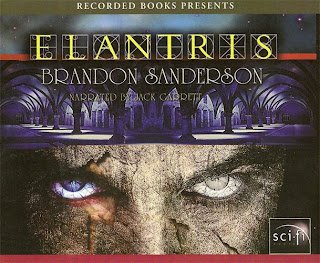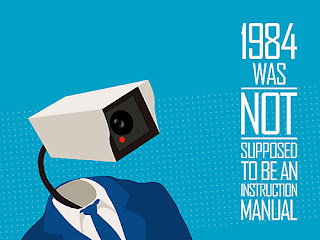As it turns out, I have a little more to say about this book. I recently became aware of Wilde's admiration of Edgar Allen Poe, and the influences of Poe's writing are clear in "The Picture of Dorian Gray." First of all, both authors seem to have favored Poe's "unity of effect" theory, which promotes shorter pieces that focus on one main effect for the reader to experience. I mentioned in my first post that Wilde's novel is short compared to most popular novels of the late 1800's. Poe said that most writings should be able to be read in one sitting, so as not to disrupt the effect. Following this, both writers only wrote one novel and favored instead short stories, collections, and essays.
After reading a good amount of Poe's stories lately, I see "The Picture of Dorian Gray" as melting pot of Poe's short fiction, with added themes to tie the narrative together. The book starts out with the painting of Dorian's Portrait, which is so perfect as to be nearly lifelike, and indeed it becomes a representation of Dorian's own soul. It seems that Wilde was intrigued by Poe's "The Oval Portrait," in which the painter is so enamoured in the beauty of his wife, that attempts to paint the most perfect, lifelike portrait of her. As he succeeds, she dies, and the picture remains as an uncannily perfect and lifelike representation.
The chief difference between the two stories is the fact that Dorian Gray continues to live, and only his soul is trapped. As Wilde's narrative progresses, this difference is reconciled by strong elements of another of Poe's stories: "William Wilson." In this story, the narrator confronts his double--a refelction of his virtuous side--in college and comes to hate him. Thereafter, most every time the narrator turns to immoral acts, his double shows up. This, in turn, drives the narrator into a perverse sort of self-torture as he resorts to more and more terrible acts in order to get his hated double to appear. Finally the story ends with a confrontation in which the narrator kills his double only to realize that he has figurativley murdered himself.
Essentially, "The Picture of Dorian Gray" seems to fit almost entirely between a couple of Poe's short works.
1 day ago








